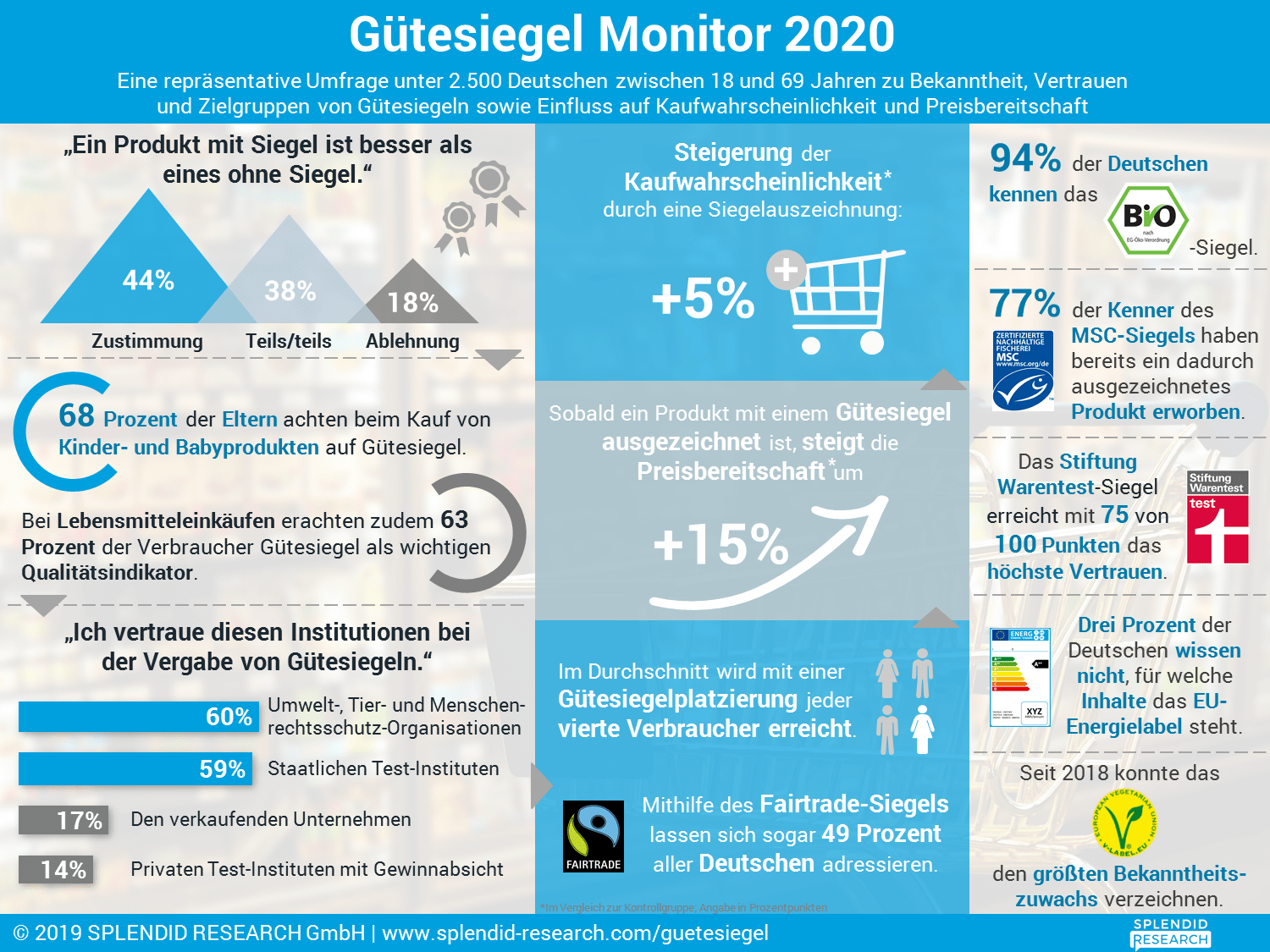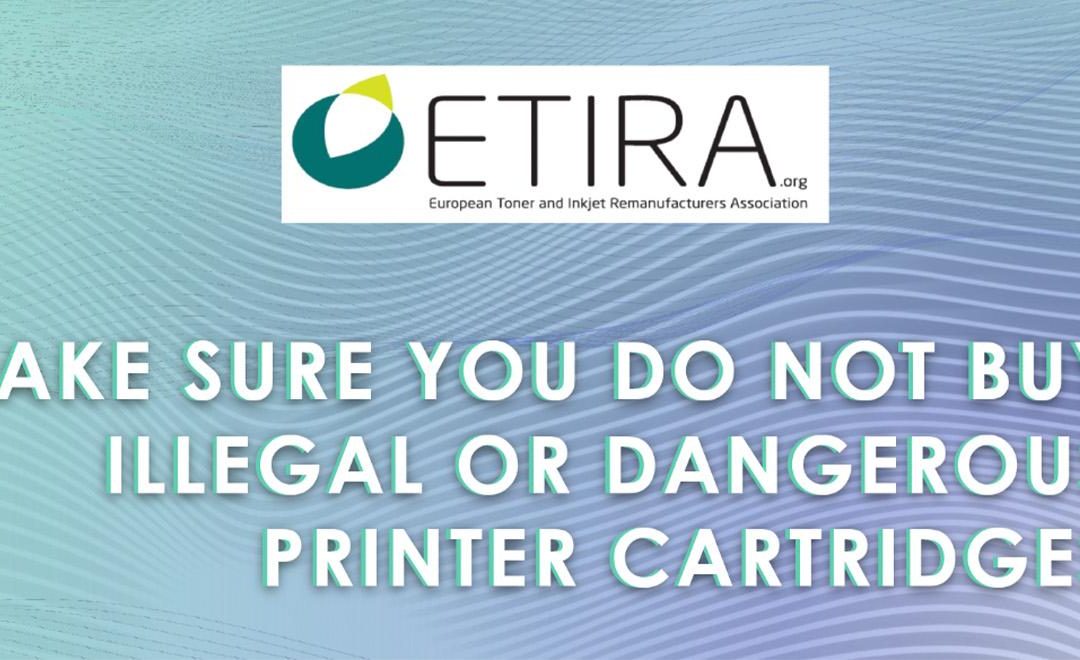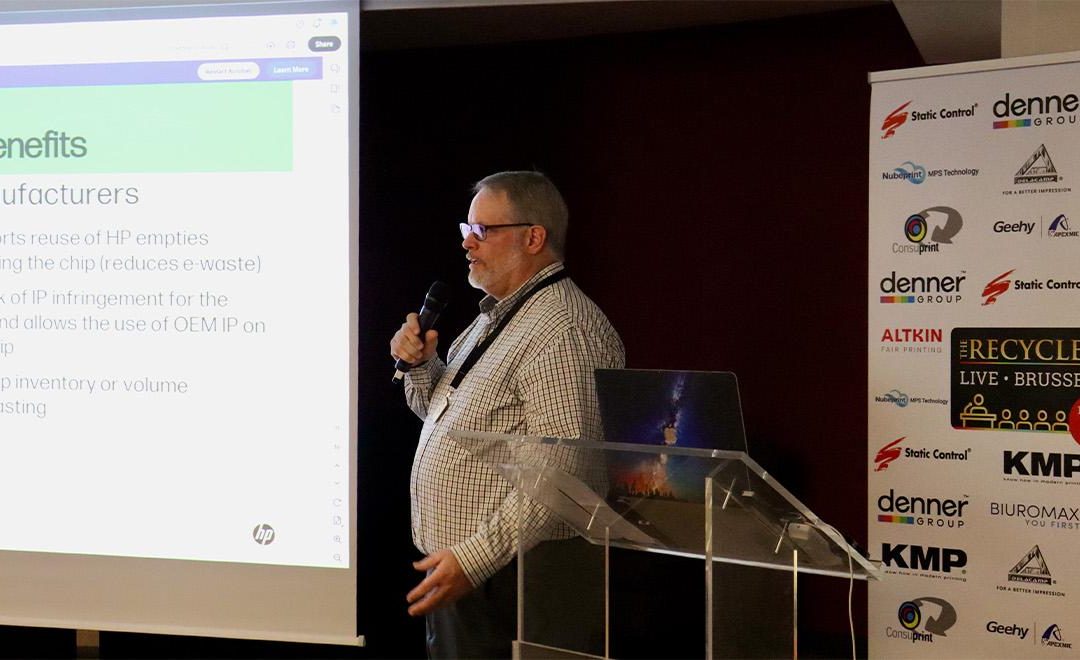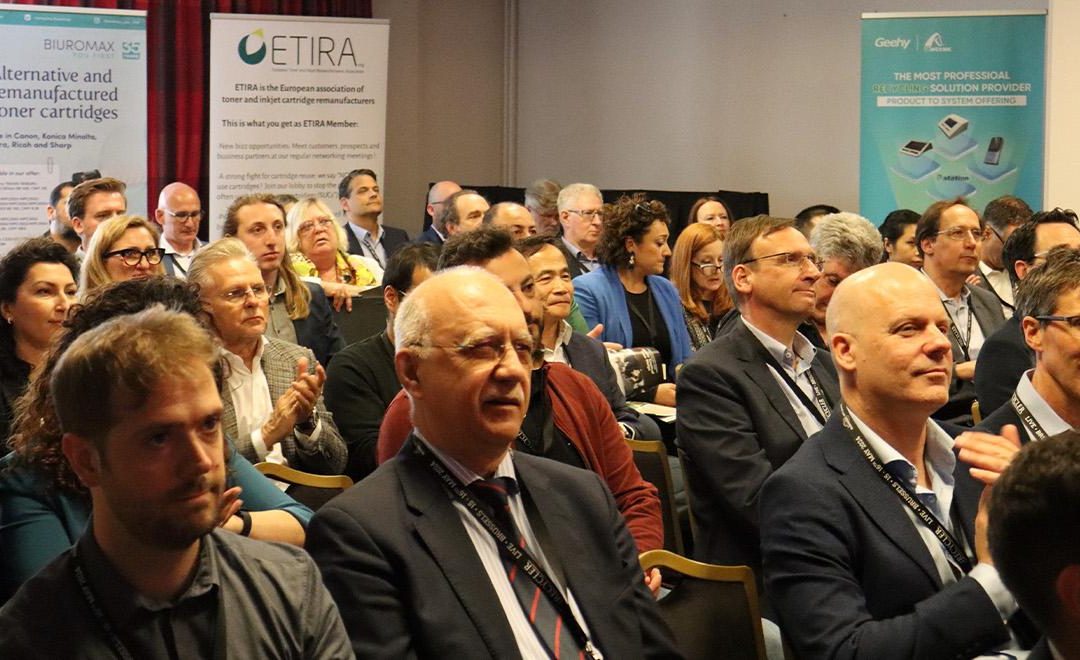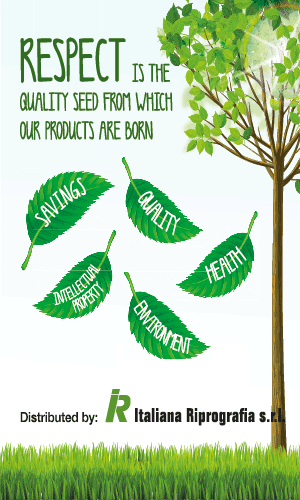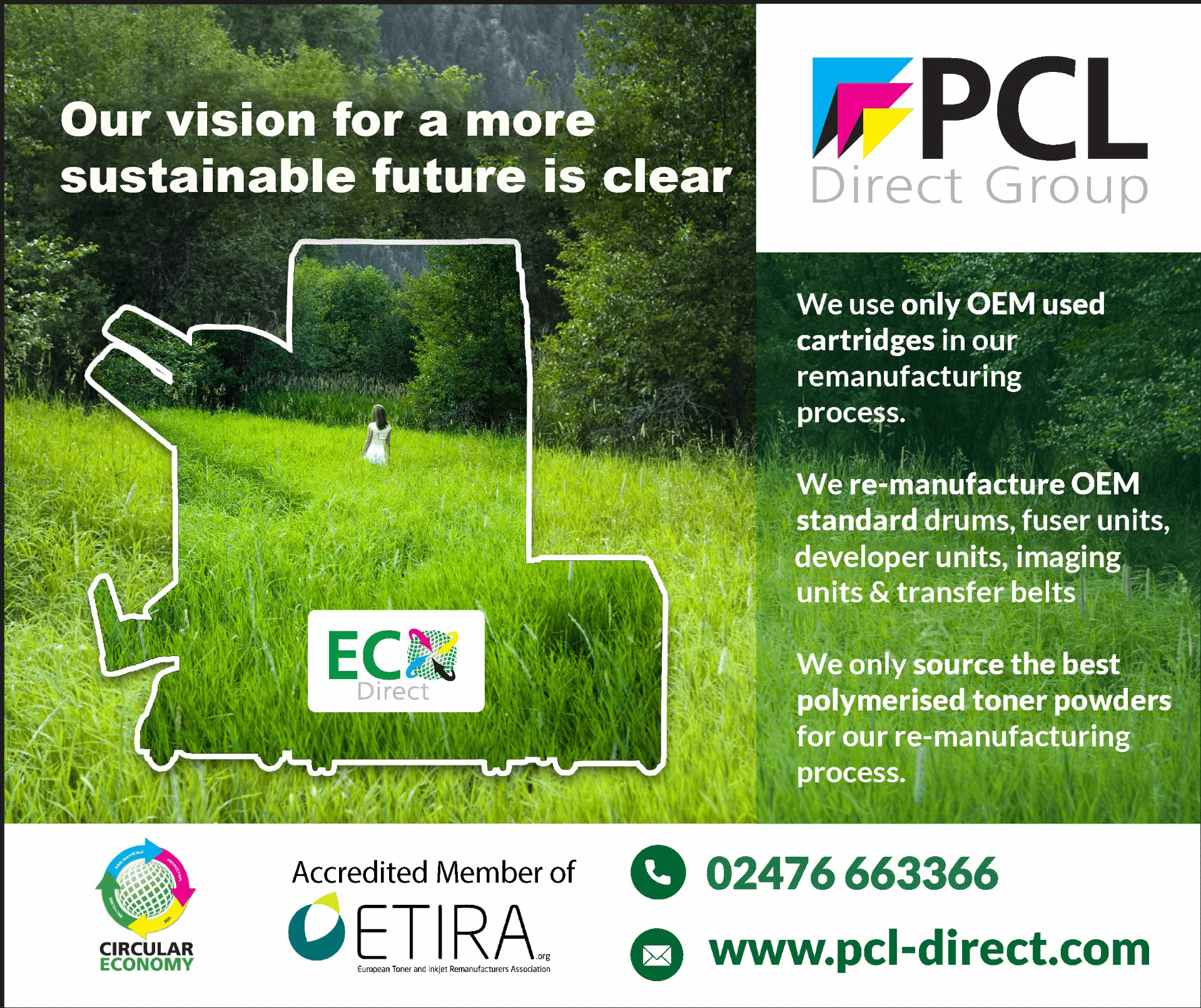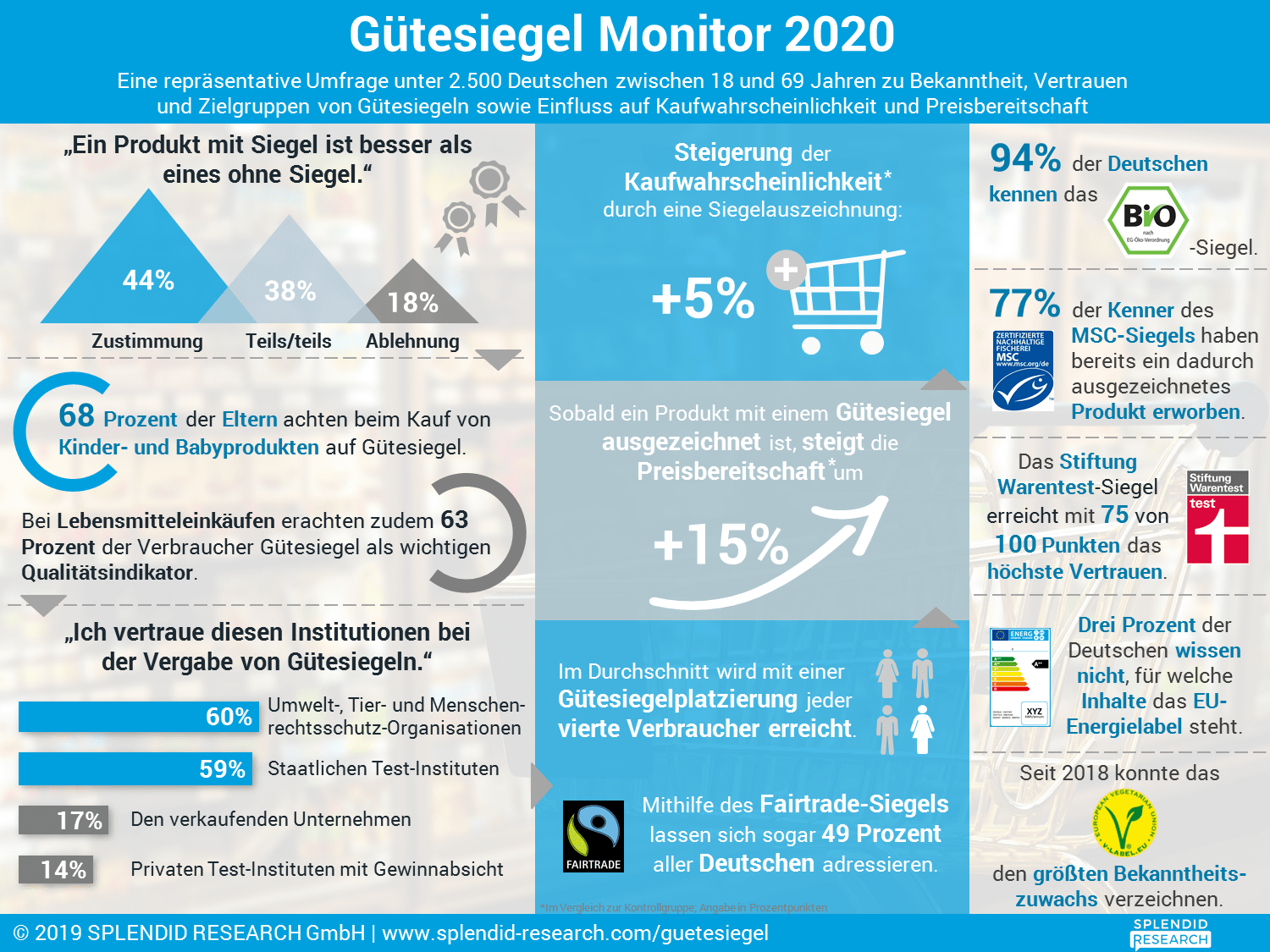 A German study reveals that accreditation logos influence purchasing decisions and the price consumers are willing to pay.
A German study reveals that accreditation logos influence purchasing decisions and the price consumers are willing to pay.
The German representative study of 2,500 Germans revealed that accreditation logos (quality mark, seal or label) significantly influences the willingness to buy and what price the consumer is willing to pay for it.
In August 2019, the Hamburg-based Splendid Research GmbH interviewed 2,500 Germans between the ages of 18 and 69 online about quality logos in a representative survey.
The study reveals general attitudes to quality labels and their relevance in many industries. In addition, it provides information on awareness, buyer share, trust and target groups of a total of 40 product labels as well as their effects on brand image transfer, purchase probability and price willingness.
The results of the study show that quality labels significantly influence the purchasing process: By placing a quality seal, consumers’ willingness to pay rises by an average of 15 percent. At the same time, the purchase probability for a product with a quality seal is five percent higher than for the same product without a quality mark.
For many consumers, quality seals continue to be the means of information for assessing product quality, Germans attest to the high relevance of the seals, the study showed. In addition, even 44 percent of Germans agree with the statement that a product with a seal is fundamentally better than one without.
In terms of the marking of the product, brand image transfers often take place between the seal and the product. It does not matter whether this projected product image corresponds to real conditions: For example, if a smoke detector is provided with the GS mark, 67 percent attest to it a ‘high safety standard’. Without the seal this number is only 37 percent.
“These image transfers can have a positive as well as a negative impact on product perception. It is therefore crucial to carefully examine the fit of the seal and the product prior to the award”, said Thilo Kampffmeyer, Study Director at Splendid Research.
Decisive for a positive effect is the trust placed in the seal. Especially seal-giving environmental organisations and the government enjoy a high reputation among the population in this regard. By contrast, a large majority of private test institutes that are willing to make profits are skeptical. However, very few Germans really appreciate the background of the awarding authorities, for example, only 15 percent of Germans classify ‘ÖKO-TEST’ correctly as a private institute.
The highest level of trust currently lies in the Stiftung Warentest-Siegel (75 out of 100 points), the EU Energy Label (75 points) and the TÜV-Süd-Prüfzeichen (74 points). Particularly striking in this context, since 2018, none of the tested seals showed a marked increase in buying confidence.
As in the years before, the front runners in terms of awareness are the Stiftung Warentest-Siegel (97 percent), the German Bio-Label (94 percent), the TÜV SÜD certification (92 percent) and the ÖKO test seal (89 percent). The biggest increase compared to 2018 is the V-label, which increased its profile to 55 percent.
The full study is available at www.splendid-research.com/guetesiegel.


